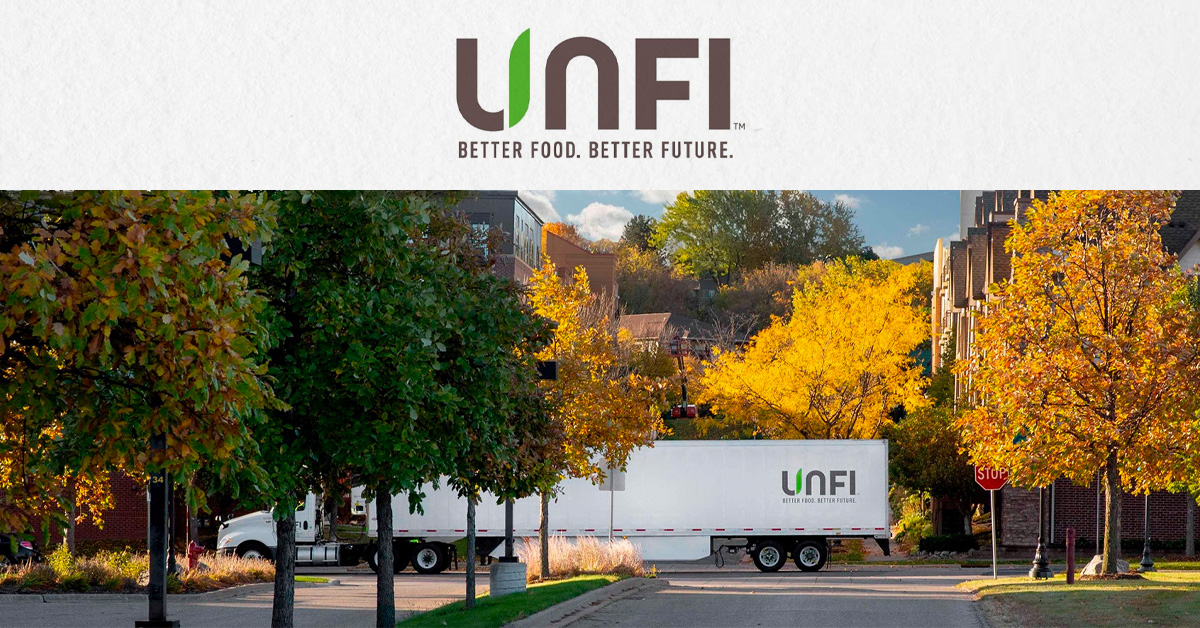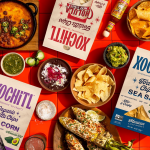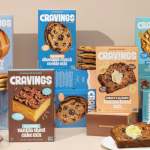UNFI Posts Double-Digit Q4 Sales Growth as Transformation Efforts Continue

United Natural Foods Inc. (UNFI) posted a 10% year-over-year increase in net sales to $8.2 billion during Q4 2024 amid the Health and specialty food distributor’s ongoing transformation efforts, according to an earnings report released this morning.
“We delivered fourth-quarter results that drove fiscal 2024 performance to the upper end of our previously provided outlook. This capped a year in which we generated four consecutive quarters of sequentially increasing profitability [and] significantly strengthened our foundation,” said Sandy Douglas, CEO of UNFI, in a press release.
The Providence, R.I.-based distributor’s gross profit rate in Q4 accounted for 13.7% of net sales, including a $12 million LIFO benefit compared to 13% of net sales in the prior-year period. Net loss was $37 million versus $68 million in Q4 2023. Net loss per diluted share for the fourth quarter was $0.63 as compared to net loss per diluted share of $1.15 for the fourth quarter of last year.
Business transformation costs totaled $12 million in the quarter compared to $9 million in Q4 2023. Overall operating expenses in Q4 were $1.08 billion, or 13.2% of net sales, versus $1 billion, or 13.5% of net sales, in the prior-year period.
According to Douglas, the company realized approximately $150 million in benefits in Q4 from structural efficiency initiatives. Additionally, UNFI significantly reduced shrink, lengthened the maturity on its term loan until 2031 and onboarded Matteo Tarditi as its new president and CFO.
In May, the distributor unveiled its new UNFI Media Network (UMN) platform designed to help both retailers and brands market more directly to consumers. The platform is powered by Swiftly, a retail tech solutions provider.
UMN is seeing a lot of interest, claimed Douglas, and continues enrolling retailers and suppliers in the platform.
“We expect to develop, continue to invest in, or partner to provide other similar capital-light services in the future, which we believe will bring value to customers and suppliers while helping us drive margin expansion,” he told shareholders during today’s call. “We know that bringing value to our upstream and downstream partners will continue to make UNFI an attractive partner.”
Earlier this year, the distributor also unveiled its new Simplified Supplier Approach (SSA) that consolidates various service fees and add-ons into a single all-inclusive 2.5% tariff on all purchases, offering a more streamlined approach than previous agreements.
The approach has been met with a mixture of reactions from the industry, though reception overall has trended negative.
“They’re looking to pull a rabbit out of a hat,” Greg Esslinger, a former UNFI supplier relationship manager, previously told Nosh. “That’s what it boils down to. They had to find a way to come up with the shortfall that they were getting.”
Looking ahead, UNFI today unveiled its projections for fiscal 2025, expecting net sales between $30.3 billion and $30.8 billion, net loss between $50,000 and $650,000 and adjusted EPS between $520 million and $580 million.
Additionally, the company provided a three-year financial roadmap reflecting its revised strategy, lean management and stable backdrop. The plan will focus on key areas such as intensified network optimization, reduced capital intensity, cost optimization and increased working capital efficiency.
UNFI will prioritize growth in its higher-margin natural business compared to its conventional business, partially reflecting the prioritization of products the distributor believes will add value for retailers. The company’s natural, organic and specialty business currently represents the majority of its distribution profitability.
“We believe the focus on adding value to customers and suppliers to sustain organic growth while also driving improving recurring cash flow generation will result in meaningful shareholder value creation over the short and long term,” said Douglas. “We expect fiscal 2025 will be a year of delivering and deleveraging as we pursue our new strategy.”














![[Exclusive] Sweet Loren’s Extends With Protein-Focused Offerings](https://d2azl42aua8mom.cloudfront.net/wp-content/uploads/2026/03/02165734/2026-03-02-sweet-loren-s-extends-with-protein-focused-offerin-square-150x150.png)


